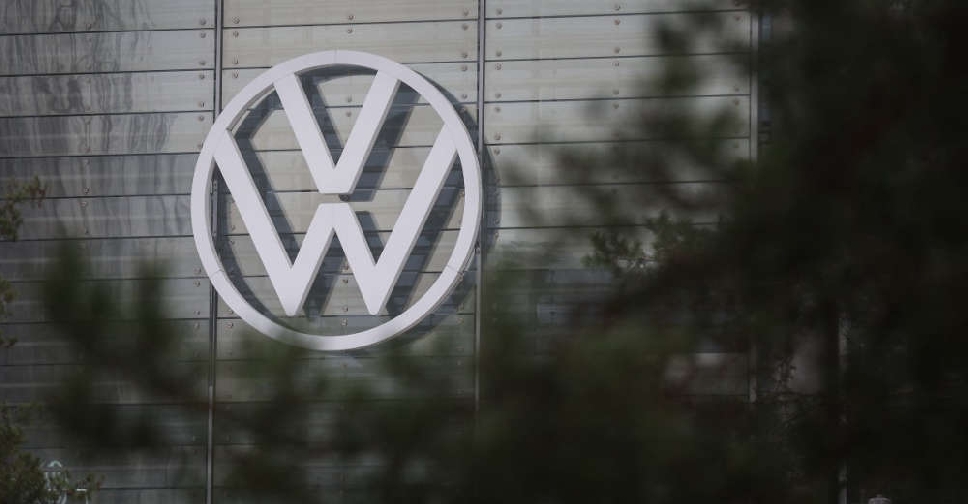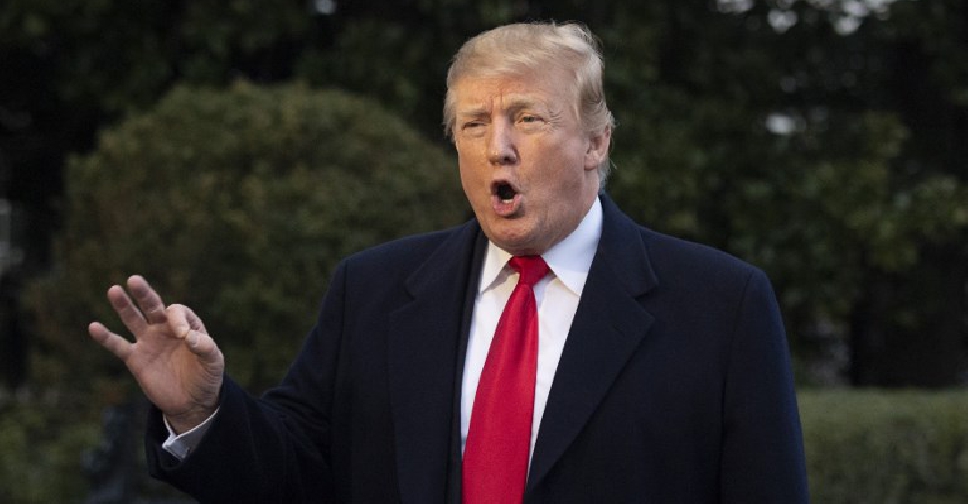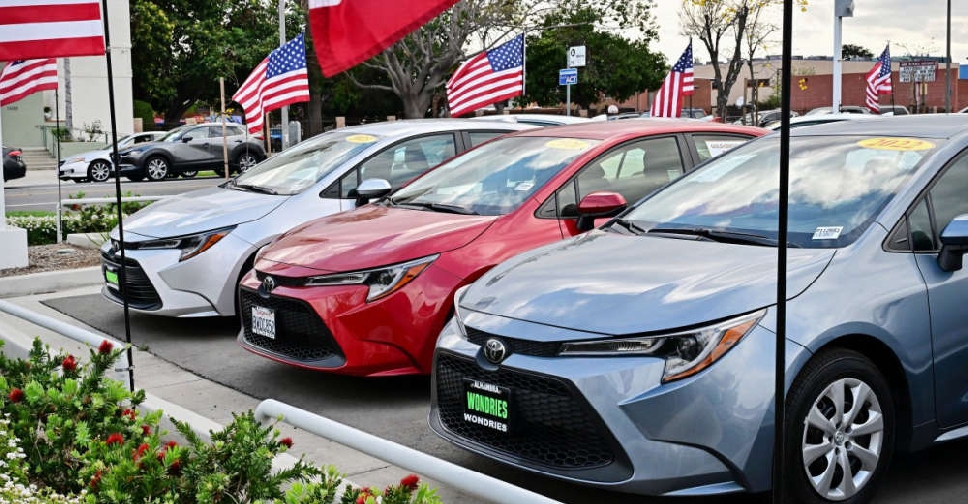
Automaker stocks around the world slumped on Thursday after US President Donald Trump said that he would impose 25 per cent tariffs on all vehicles and foreign-made auto parts imported into the United States.
Volkswagen, BMW, Mercedes-Benz, Porsche and Continental lost $4.84 billion (AED 18 billion) in combined market value on Thursday, as investors panicked at the prospect of more costs and complexity in an industry already struggling with a slow ramp-up of electrification and high logistics costs.
Carmakers must now decide whether to localise more production in the US to avoid the tariffs, swallow the cost, or pass it onto consumers.
Companies including Volvo Cars, Volkswagen's Audi, Mercedes-Benz and Hyundai have already said they will move some production to the region this year.
But some CEOs have, in private, expressed reluctance to make long-term business decisions based on what could be a short-term policy.
"These policies have already made equity and debt markets extremely nervous, and we know that the president regards the Dow Jones index as a key barometer of his success," analysts at Bernstein Research said in a note.
"It is hard to judge the duration of such chainsaw-like policies if these cause a market slump that does not appear to be transitory," they added.
Shares in Stellantis and Porsche sank 4 per cent on Thursday, while Mercedes-Benz was down 2.8 per cent. General Motors slumped 6.5% in pre-market trading, while Ford was down 4.3 per cent.
Porsche, which has no US production base, saw a larger drop of 4.9 per cent.
The new levies could add thousands of dollars to the cost of an average US vehicle, contradicting Trump's promises to combat consumer product inflation.
Levies on car imports take effect on April 3, while those on auto parts begin from May 3, the White House said on Wednesday.
Nearly half of all cars sold in the U.S. last year were imported, research firm GlobalData says, with vehicles often crossing between Canada, Mexico and the United States multiple times in the production process.
On Wednesday, Trump reiterated that he expected the auto tariffs to prompt automakers to boost investment in the United States, instead of Canada or Mexico.
Automakers in North America have largely enjoyed free trade status since 1994. Trump's 2020 US-Mexico-Canada Agreement (USMCA) imposed new rules to spur regional content production.
After clamping tariffs of 25 per cent on Mexico and Canada in early March, Trump allowed a one-month reprieve for vehicles produced in compliance with the terms of his USMCA.
The new rules do not extend that reprieve.



 Trump 'couldn't care less' if car makers hike prices due to tariffs
Trump 'couldn't care less' if car makers hike prices due to tariffs
 Musk's social media firm X bought by his AI company, valued at $33 billion
Musk's social media firm X bought by his AI company, valued at $33 billion
 US car buyers face higher prices, less choice under Trump's tariffs
US car buyers face higher prices, less choice under Trump's tariffs
 Emaar Development approves AED 2.7 bln dividend for 2024
Emaar Development approves AED 2.7 bln dividend for 2024


